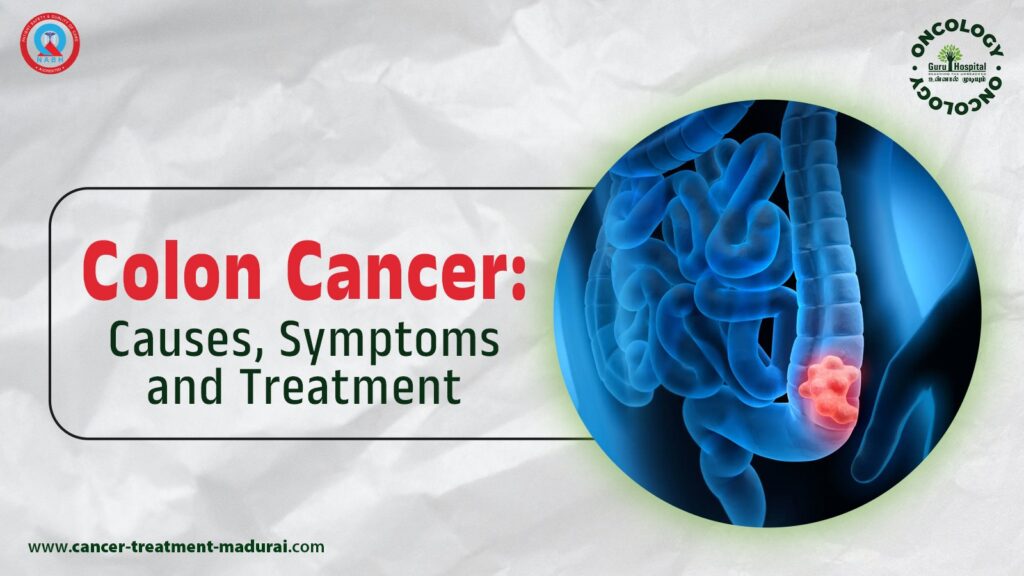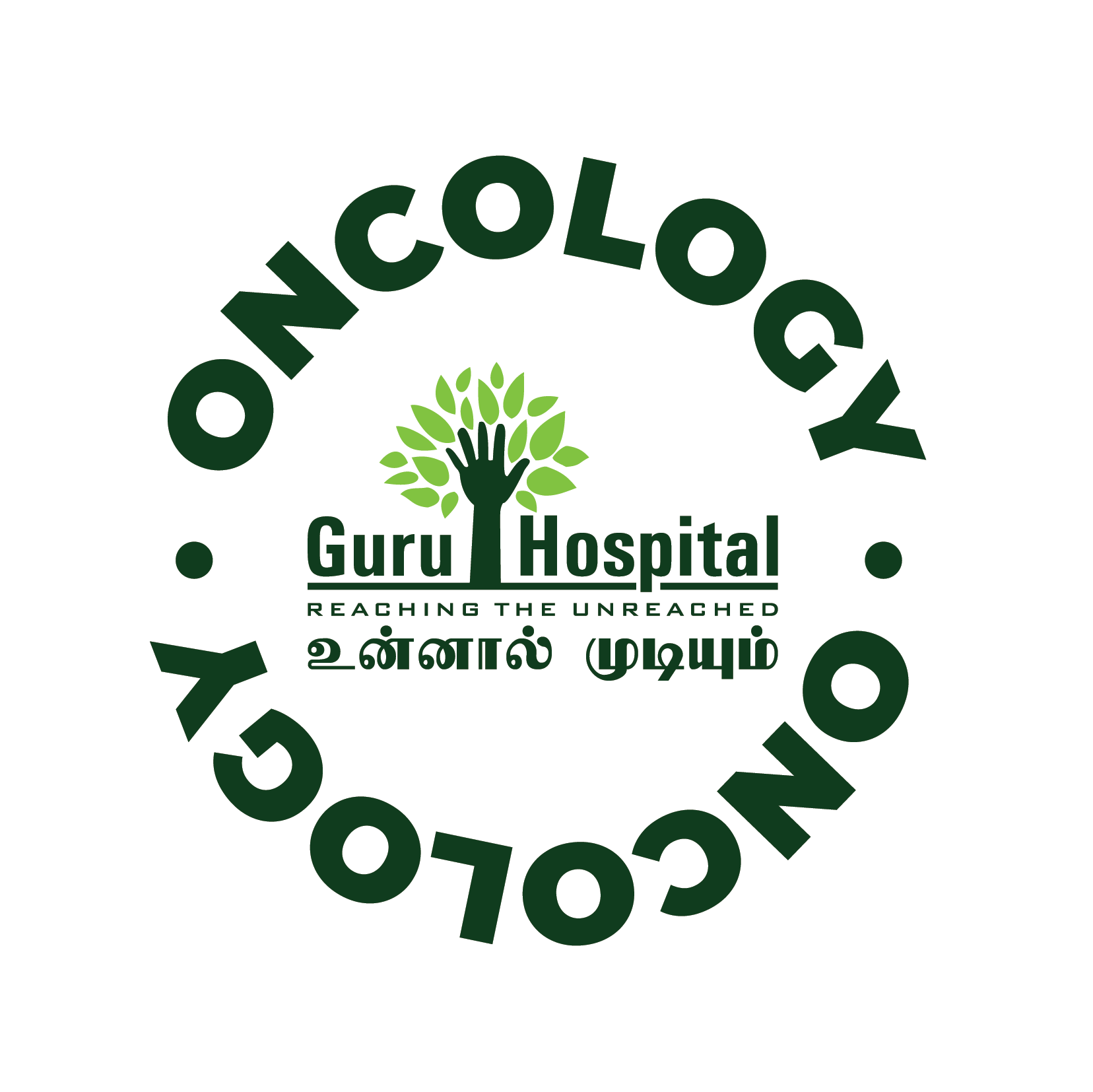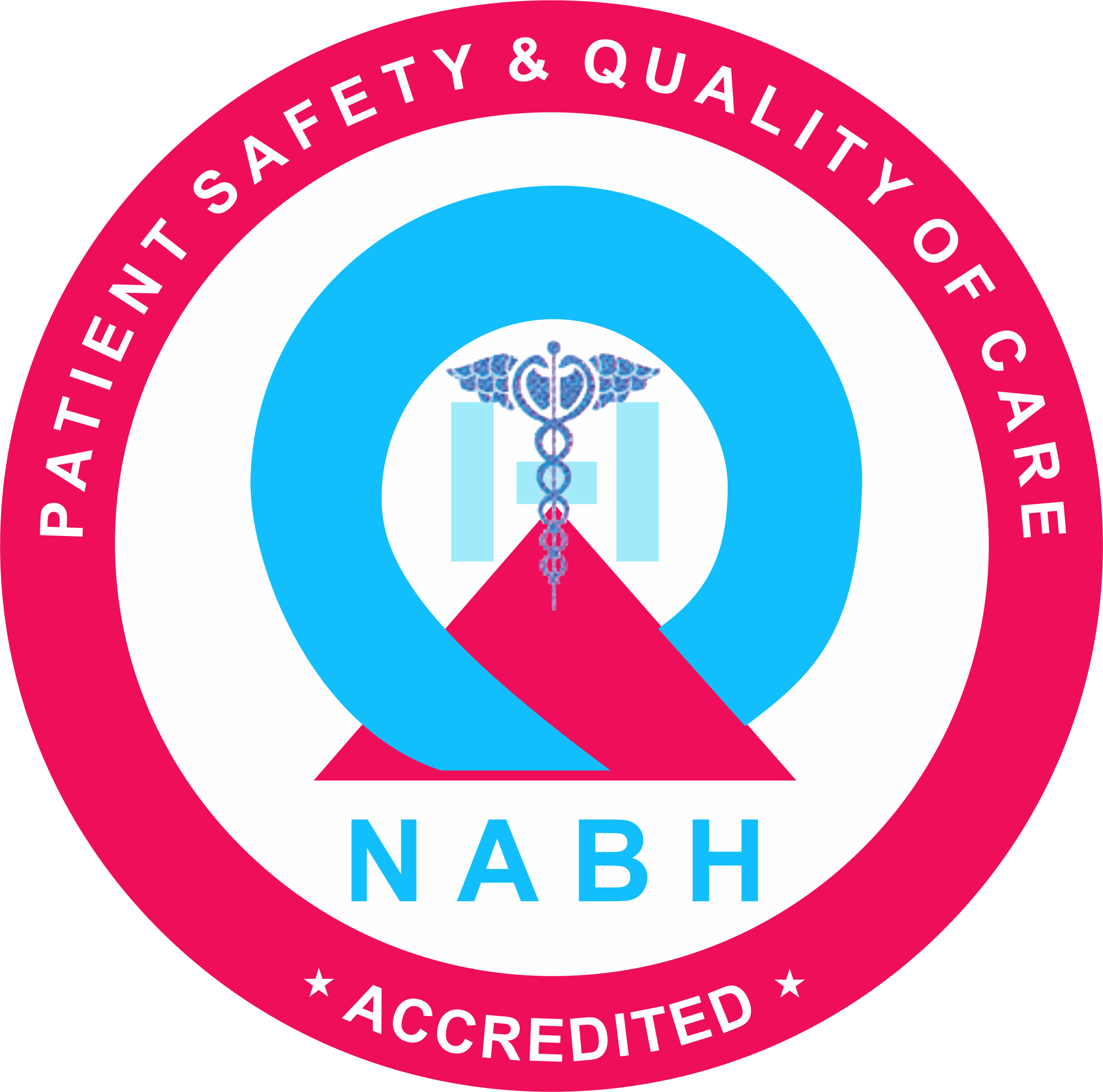Colon Cancer: Causes, Symptoms, and Treatment
Colon cancer is a type of cancer that begins in the large intestine, which is a long tube that extracts digested food from the body. Although it can occur at any age, it typically affects older adults. Generally, it starts as small clumps called polyps. These are generally non-cancerous growths. However, some can be transformed into colon cancers over time. The early detection of the cancer prevents the risk of its further progression, ensuring minimal time and faster recovery. Contact Guru Oncology Hospital for optimal health results.
Causes and Risk Factors
Take a look at the following causes of colon cancer:
- Genetic Factors: Certain hereditary conditions like Lynch Syndrome and familial adenomatous polyposis increase the risk of colon cancer.
- Inflammatory Bowel Disease: People with chronic ulcerative colitis and Crohn’s colitis have an increased risk of colon cancer.
- Family History of Polyps: If anyone in your family has a history of polyps growth, it escalates the chances of colon cancer.
- Family History of Colon Cancer: If colon cancer has run in your family, it increases the risk of colon cancer.
Common Symptoms
Watch out for the following symptoms of colon cancer:
- Changes in bowel movements, such as diarrhea or constipation
- Bleeding from the rectum or blood in the stool
- Discomfort in the stomach, such as cramps, pain, or gas
- A feeling that the bowel is empty
- Fatigues
- Losing weight without effort.
Diagnosis

Your healthcare professional will recommend a few diagnostic tests to detect the underlying cancer. Take a look at the following tests to make an informed decision:
- Complete Blood Count
- Comprehensive Metabolic Panel
- X-Rays
- Ultrasound
- Biopsy
- Computed tomography scan
- Magnetic resonance imaging scan
- Positron emission tomography scan
- Carcinoembryonic antigen assay
Treatment Options
- Chemotherapy: Chemotherapy is a cancer treatment that uses anti-cancer drugs that are given into a vein or taken by mouth.
- Radiation Therapy: The next on the list is radiation therapy. It uses high-energy rays or particles to destroy cancerous cells.
- Targeted Therapy: Like chemotherapy, doctors inject targeted drugs into the bloodstream and spread to almost all areas of the body.
- Immuno Therapy: Immunotherapy involves using medicines to help a patient’s immune system better detect and kill cancerous cells.
- Surgery: If your colon cancer is in the early stage, your doctor may recommend a surgical operation to remove polyps
Prevention and Lifestyle Tips
Lifestyle choices that can prevent the risk of colon cancer are the following:
- Eat a nutritious diet rich in fiber, fruits, and vegetables
- Do regular physical exercise
- Maintain a healthy weight level
- Avoid smoking and limit alcohol.
- Routine screenings in case there is a family history.
Conclusion
In conclusion, colon cancer is a serious yet manageable disease provided it is detected in the early stages. People who practice early screening along with healthy habits and raise their awareness about colon cancer lower their risks. With early intervention and the right treatment, they enhance their treatment results.



